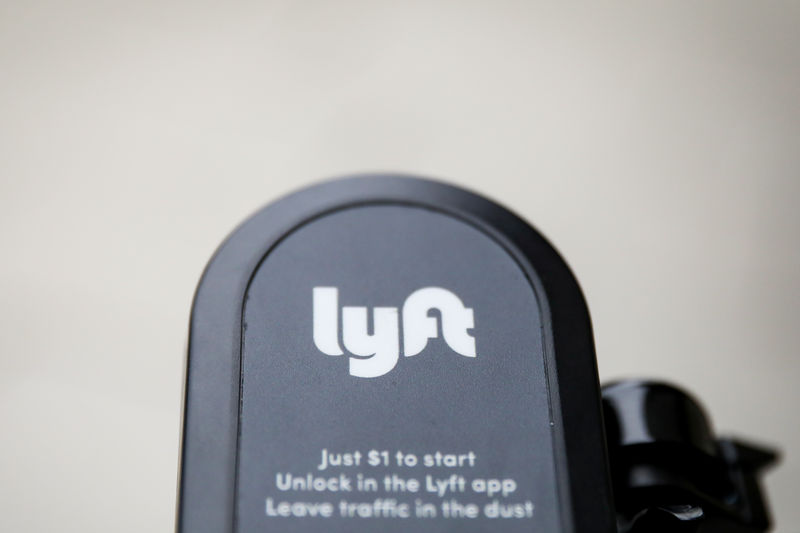Gold has topped $4,200. Here’s why Yardeni thinks the rally could go even higher.
Lyft , Inc. (NASDAQ:LYFT), the ride-hailing company with a market capitalization of $5.9 billion, announced that its board of directors approved a new Employee Incentive Compensation Plan on Thursday. The plan allows the company to grant incentive awards to employees based on performance goals or other criteria set by the plan administrator. The timing appears strategic, as InvestingPro data shows Lyft has achieved profitability in the last twelve months and maintains strong revenue growth of 27%.
According to a statement included in the SEC filing, the plan permits the administrator to select any company employee, including named executive officers, as participants. The named executives listed are Chief Executive Officer David Risher, Chief Financial Officer Erin Brewer, and Chief Legal and Business Officer Lindsay (NYSE:LNN) Llewellyn. With analyst targets ranging from $10 to $28 per share and a consensus recommendation available on InvestingPro, investors can access comprehensive analysis of Lyft’s executive compensation strategy in context of company performance.
Under the plan, the administrator has discretion to set target awards for each participant and to determine the size of the bonus pool from which awards are paid. Performance goals can be established and may vary by participant and award. Actual awards are generally paid in cash as a single lump sum, although the administrator may choose to settle awards in the form of equity grants under the company’s applicable equity plan.
To receive an award, an employee typically must be employed by Lyft or its affiliates through the date the award is paid, unless the administrator decides otherwise. Payment is generally made after the performance period has ended and awards have been approved.
The plan will be administered by the board or a committee appointed by the board, which is currently the Compensation Committee. The administrator may delegate its authority to one or more directors or officers, and the board retains the ability to revoke such delegation at any time. This governance structure aligns with Lyft’s overall financial health, which InvestingPro rates as GOOD, supported by metrics showing the company holds more cash than debt on its balance sheet. For detailed insights into Lyft’s governance and financial metrics, investors can access the comprehensive Pro Research Report, available exclusively to InvestingPro subscribers.
The administrator has the authority to modify, amend, suspend, or terminate the plan, as long as such changes do not materially affect any rights or obligations of awards already earned without participant consent. The plan remains in effect until terminated according to its terms.
This information is based on a press release statement included in Lyft’s recent SEC filing.
In other recent news, Lyft has been the focus of several analyst updates and business developments. Bernstein has raised its price target for Lyft to $18, maintaining a Market Perform rating, citing a positive outlook ahead of the company’s upcoming earnings report. BTIG continues to hold a Neutral rating, observing strengthening ride trends that may lead to above-guidance performance for the second quarter. TD Cowen, on the other hand, reiterated its Buy rating with a price target of $21, anticipating a 13.4% year-over-year revenue growth in the second quarter. Meanwhile, Oppenheimer increased its price target to $20, highlighting reduced concerns about robotaxi competition.
In terms of business expansion, Lyft has launched its rideshare service in Puerto Rico, marking a strategic move to broaden its reach in North America. The company began recruiting drivers in May, offering incentives to encourage participation in San Juan. These developments come as Lyft prepares to release its second-quarter earnings, with analysts generally expressing optimism about the company’s performance.
This article was generated with the support of AI and reviewed by an editor. For more information see our T&C.
